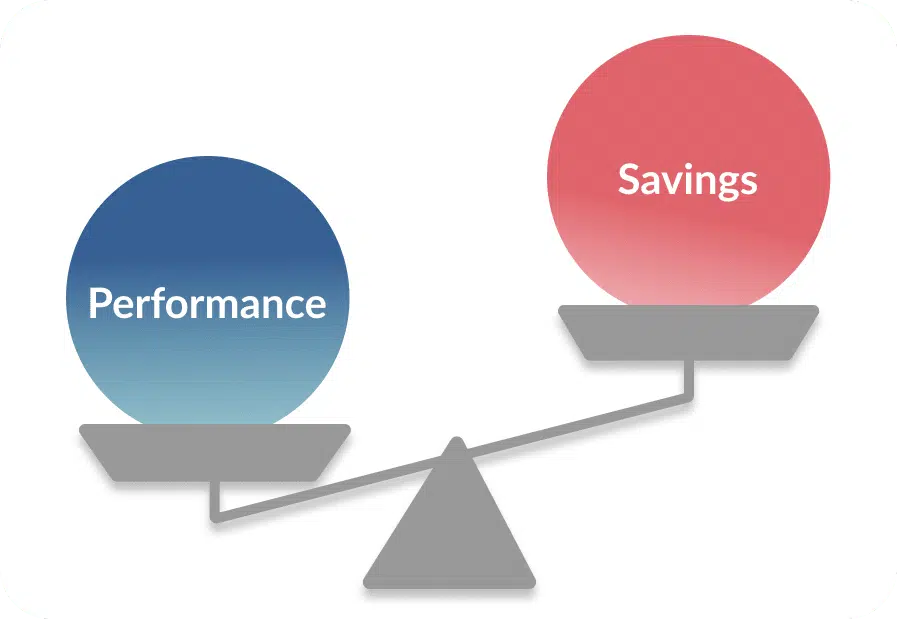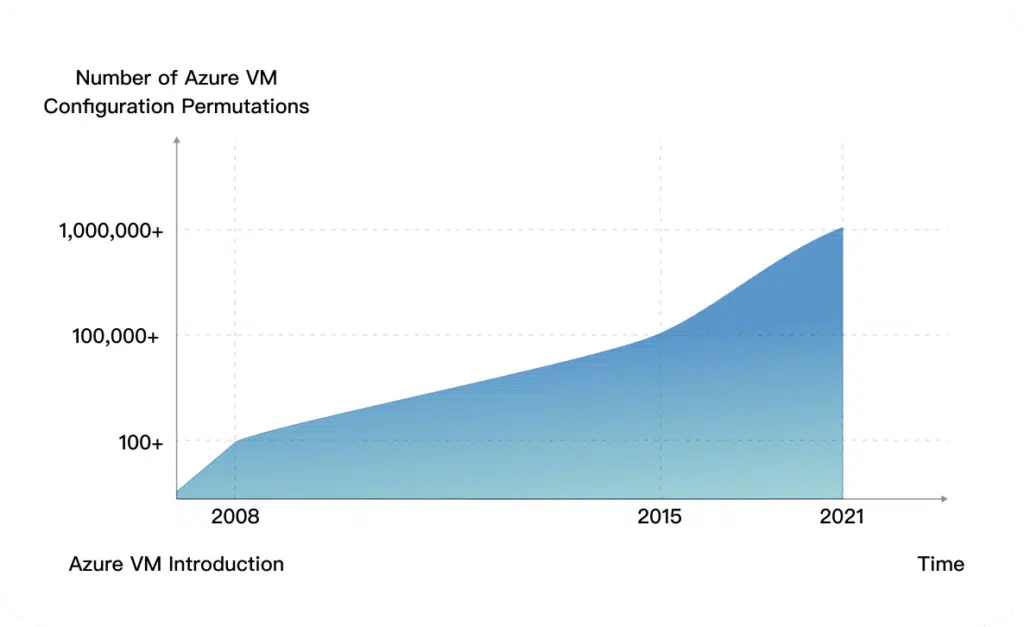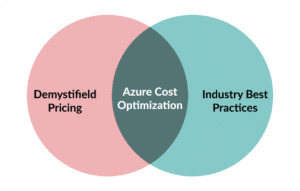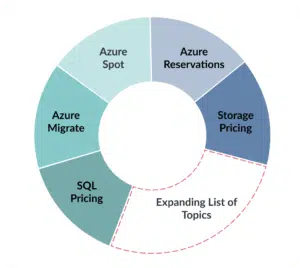At CloudBolt, we get questions every day from advanced DevOps engineers and technical managers about how to best optimize Microsoft Azure cloud spending. As Azure administration experts, their questions aren’t about the service functionalities but instead about the ever-expanding pricing models and the industry best practices to safely reduce their monthly bill without compromising service performance.

Public clouds gained popularity over the last decade mainly because of their simplicity and convenience; however, the basic Azure virtual machine gradually evolved to support multiple instance families, types, and versions, translating into hundreds of thousands of configuration permutations and purchasing plans. The resulting complexity confuses even the most experienced cloud administrators.

In this guide, we clarify the pricing options, summarize the concepts into tables and diagrams, and share industry best practices for safely reducing your spending.

We have created this guide to publicly share our responses to the most common questions involving popular Azure concepts such as migration, storage, spot, reservations, and SQL pricing.

Related Blogs

The End of Manual Optimization: Why We Acquired StormForge
Today is a big day for CloudBolt—we’ve officially announced our acquisition of StormForge. This marks a major milestone for us…
